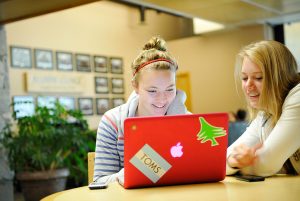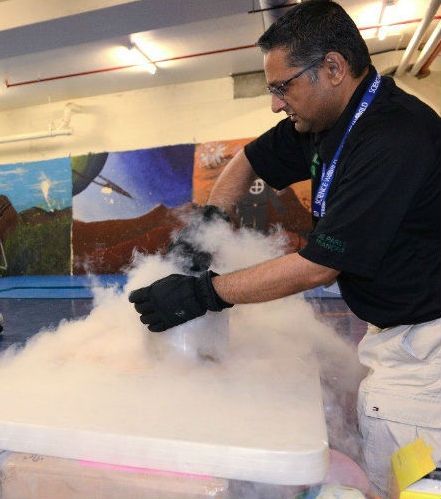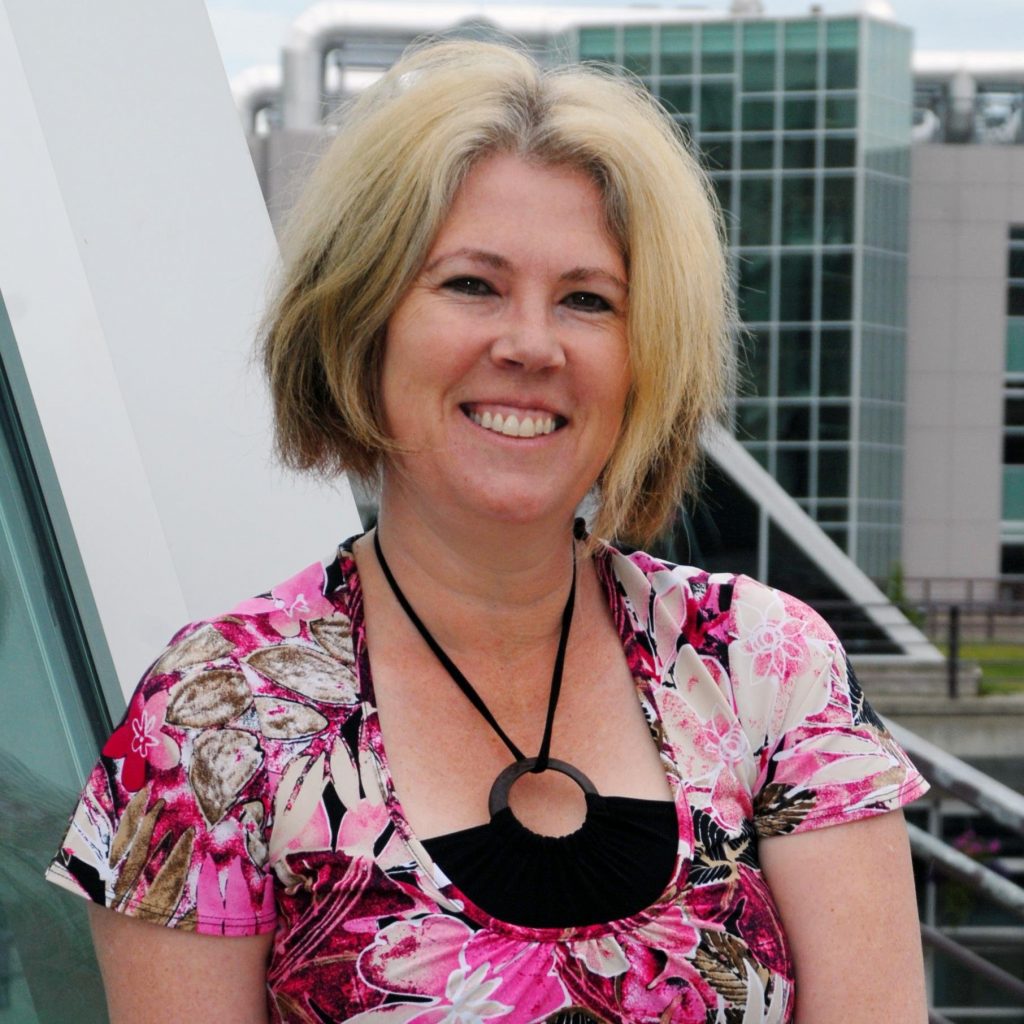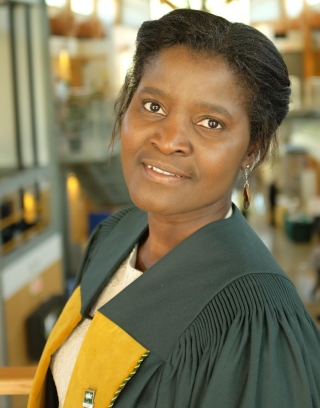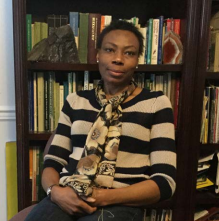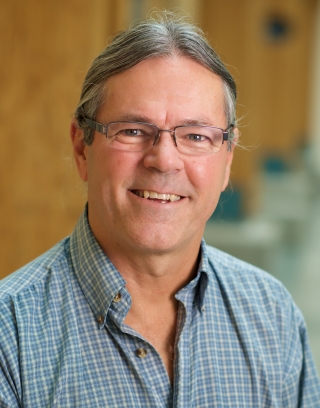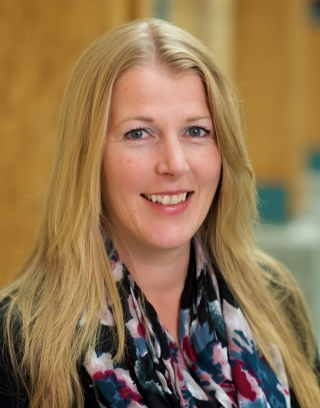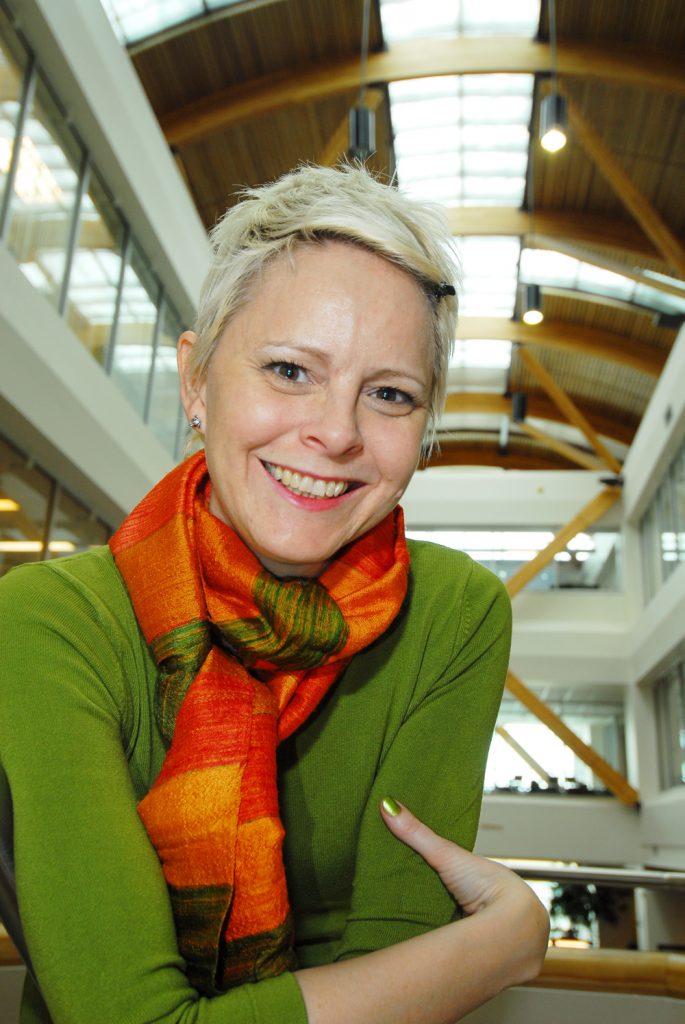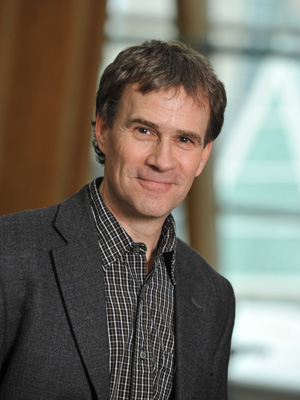Web and Coach model: Students work through course material independently using textbook, available online teaching aids and in person or online tutoring. Students are assigned a coach who does not teach course material, but interacts with them as needed to assist them through independent learning. The goal is to provide supports for students in an “independent” studies environment.

Umesh Parshotam
Umesh Parshotam
Department of Chemistry
To facilitate acquisition of content knowledge in first year students, you need to develop students’ skills sets. Therefore I incorporate things such as a Lego activity, and element autobiography writing exercise to develop writing and information literacy skills; case studies, concept questions and in-class demos to develop problem solving skills and to engage students in class. Teaching first year means covering content and developing skills to help students learn. For teaching students how to focus on details in questions, I use the quote from a friend “Big clues in small places”. Developing skills means “Practice! Practice! Practice!”

Tracy Summerville
Dr. Tracy Summerville
Department of Political Science
Dr. Tracy Summerville is an Associate Professor in the Political Science program and the coordinator of IASK (Integrated Analytical Skills and Knowledge) which is an interdisciplinary curriculum for first year students. IASK is taught to a cohort of students with the intention of creating a safe place where the students feel comfortable to ask questions and take risks.
One of the purposes of IASK is to introduce students to the conversation between scholars in academia to help them understand what scholarship is and what higher education is for. If students can articulate the argument in the article, they are able to synthesize it with other arguments.

Titi Kunkel
Dr. Titi Kunkel
Department of First Nations Studies
“The first class I taught for UNBC was Business Ethics at the Cariboo Chilcotin Weekend University. The students were political leaders from Shuswap and Southern Carrier Nations. In-class conversations about resource development within their territories and the unequal distribution of wealth highlighted the need for better access to post-secondary education within rural and remote communities.
My work at UNBC is about increasing access to UNBC programs for rural and remote communities in the region.”
Saphida Migabo
Saphida Migabo
Ecosystem Science and Management
Peer-Led Team Learning (PLTL) is a program for first year students taking Biology104/124. PLTL provides an active, engaged learning environment for students who meet in small, structured groups with a peer leader. Meetings are once a week for 11/2 hours and a group consists of 8-12 students with one leader. PLTL is about students working collaboratively to solve problems provided by the course instructors.
Students learn from each other; peer leaders provide a supportive environment that helps each student participate actively in the process of learning biological concepts. Students who participate in PLTL receive higher course grades than nonparticipants.
Ross Hoffman
Dr. Ross Hoffman
Department of First Nations Studies
Dr. Ross Hoffman is an Associate Professor and Chair of the Department of First Nations Studies. He completed his Ph.D. in Native Studies at Trent University in 2005. His teaching, research and service, rests within both the western academic tradition as well as an Indigenous knowledge tradition.
As an academic, his focus has been to respect, balance, bridge, and integrate these two epistemological traditions. This ‘dual scholarship’ is possible because he has been blessed with the guidance of Elders within an academic environment and in community-based traditional settings.
Lisa Haslett
Lisa Haslett
Continuing Studies
As part of a 2010 University-wide Learning Outcomes Initiative, supervised by Dr. Lisa Dickson, I worked for the Centre for Teaching Learning & Technology as a Learning Outcomes Assistant. In that role, one of my key tasks was to build and maintain a blog with information about the Learning Outcomes Workbook project and curate resources to inform faculty and graduate student instructors of principles and practices for education using Learning Outcomes. The resulting material will be developed ongoing by the Provost’s Committee on Pedagogical Practice.
To view the blog, go to http://blogs.unbc.ca/learningoutcomes/
Lisa Dickson
Dr. Lisa Dickson
Department of English and IASK
Dr. Lisa Dickson uses the UNBC blog platform to post course syllabi, announcements, and assignment descriptions which has effectively made all of her courses paperless. Students are instructed to check the blog before each class in order to stay up to date, which ensures high traffic on the blog. All of the information on the blog is open and students are encouraged to post comments, making it an interactive learning experience. In order for the blog to be effective, the students must be educated on using it from the very beginning of the course. Use of the blog is dependent upon an engaging classroom culture that motivates students to contribute to the discussion by adding links to share with the rest of the class and posting comments. Student feedback has contributed to the development of the blog over several years, making it more user-friendly.
Kevin Hutchings
Dr. Kevin Hutchings
Department of English
Since coming to UNBC in 2000, Dr. Hutchings has employed and trained 20 student research assistants who have contributed to his work on environmental literary history and early nineteenth- century First Nations writing and activism. His students have presented papers at international conferences in Canada and the United States, conducted archival research in the United Kingdom, and collaborated with him on scholarship that has appeared in scholarly journals and in a recently published book. For Dr. Hutchings, the opportunity to work with student researchers is among the greatest pleasures and privileges of an academic career.
Keith Egger
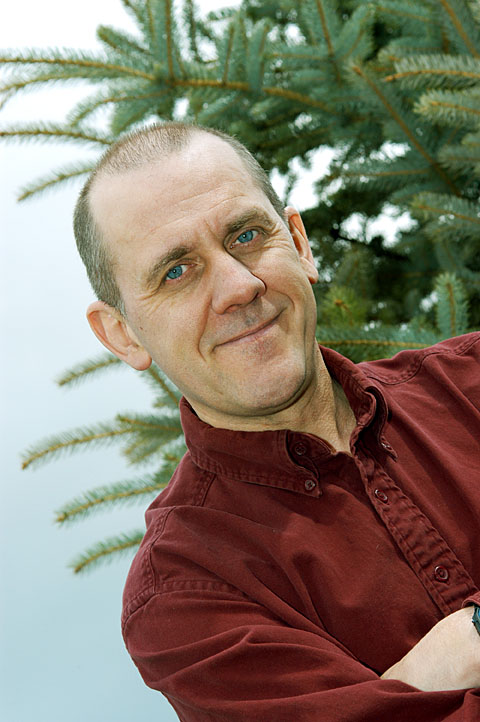
Dr. Keith Egger
Department of Ecosystems Science and Management
For Dr. Keith Egger, the first year experience is partly about trying to convey how university is different from high school. In high school, answering questions is important but university is about asking new questions without necessarily finding a final answer.
In Intro Biology, Dr. Egger uses the Aplia textbook to engage students in the classroom. The text provides pre-questions before each chapter which help the students to start the learning process even if they are baffled at first. Students are encouraged to ask questions in class and Dr. Egger models the process of thinking about the question rather than simply providing an answer. Sometimes he brings questions forward to the next class to provide more time for discussion.
